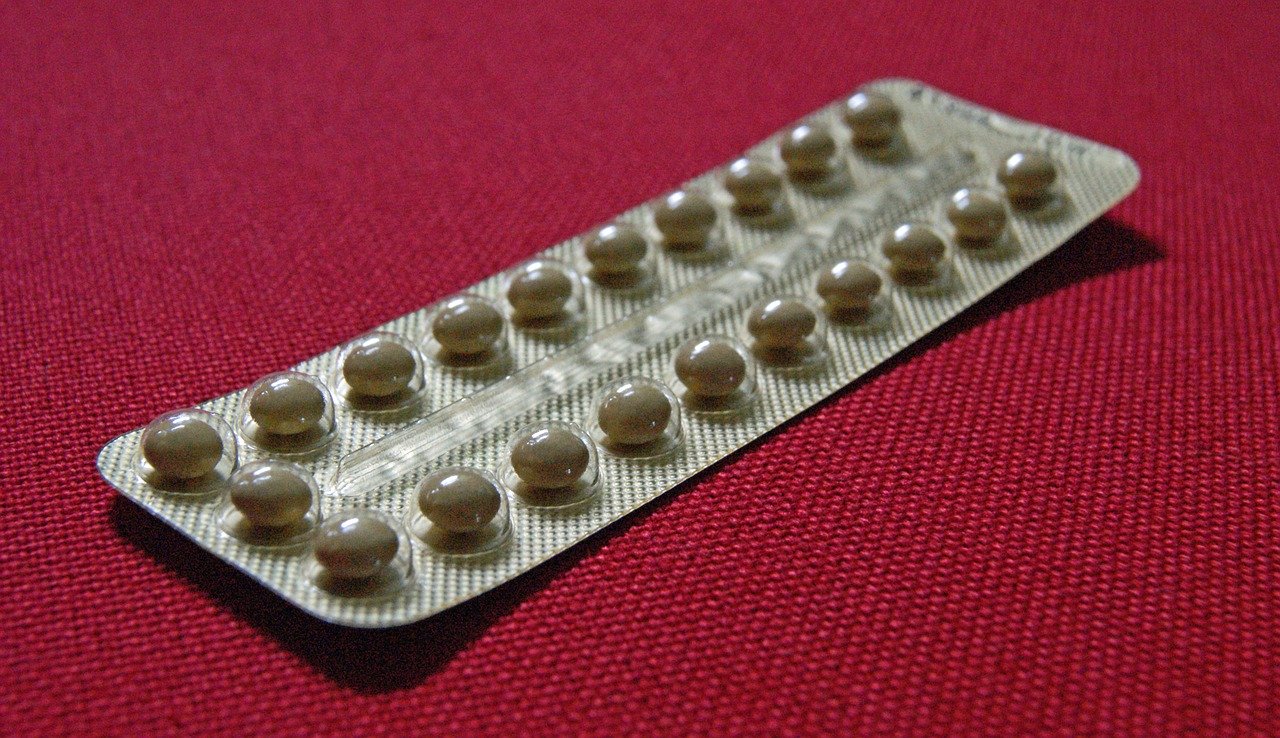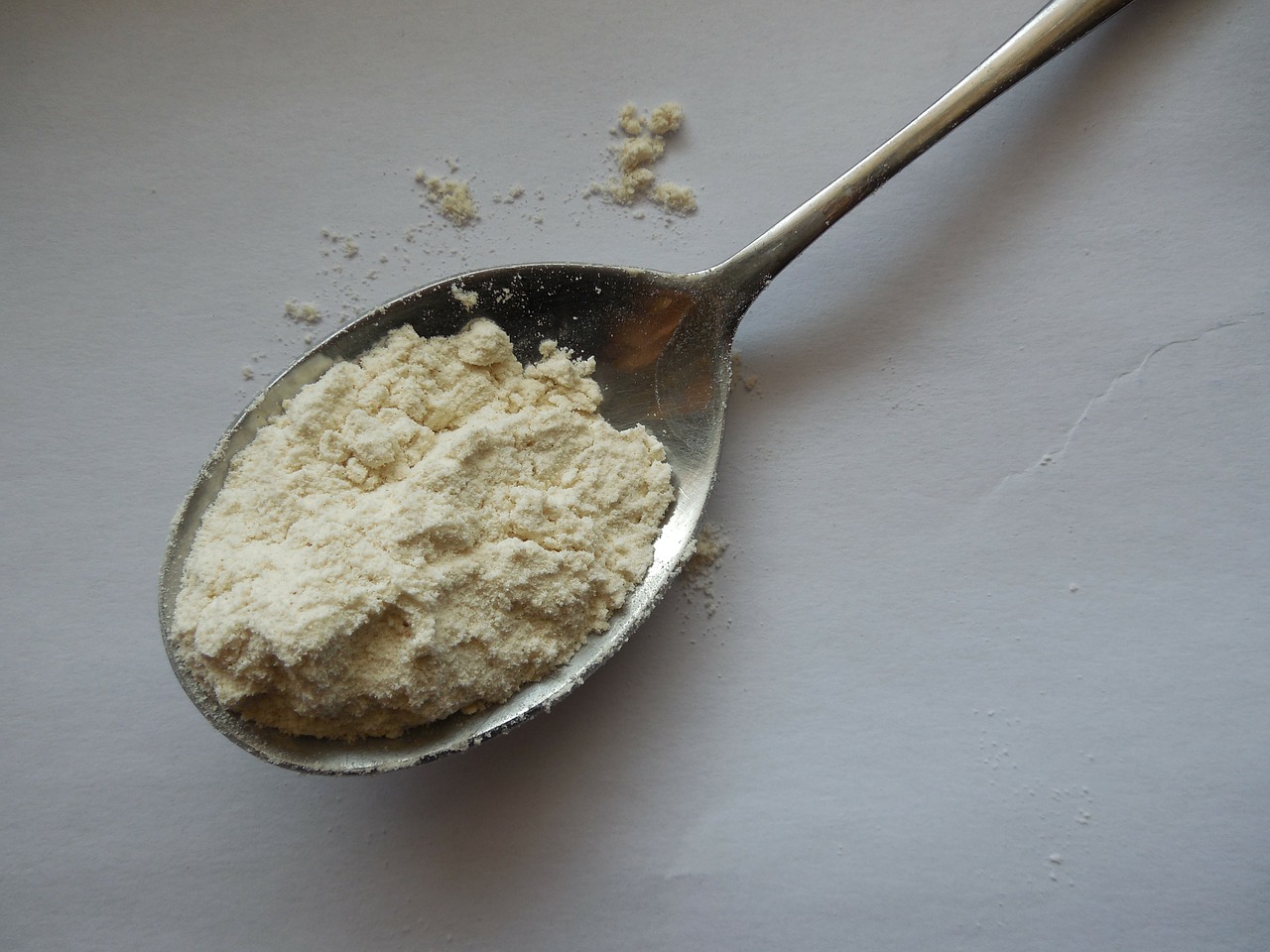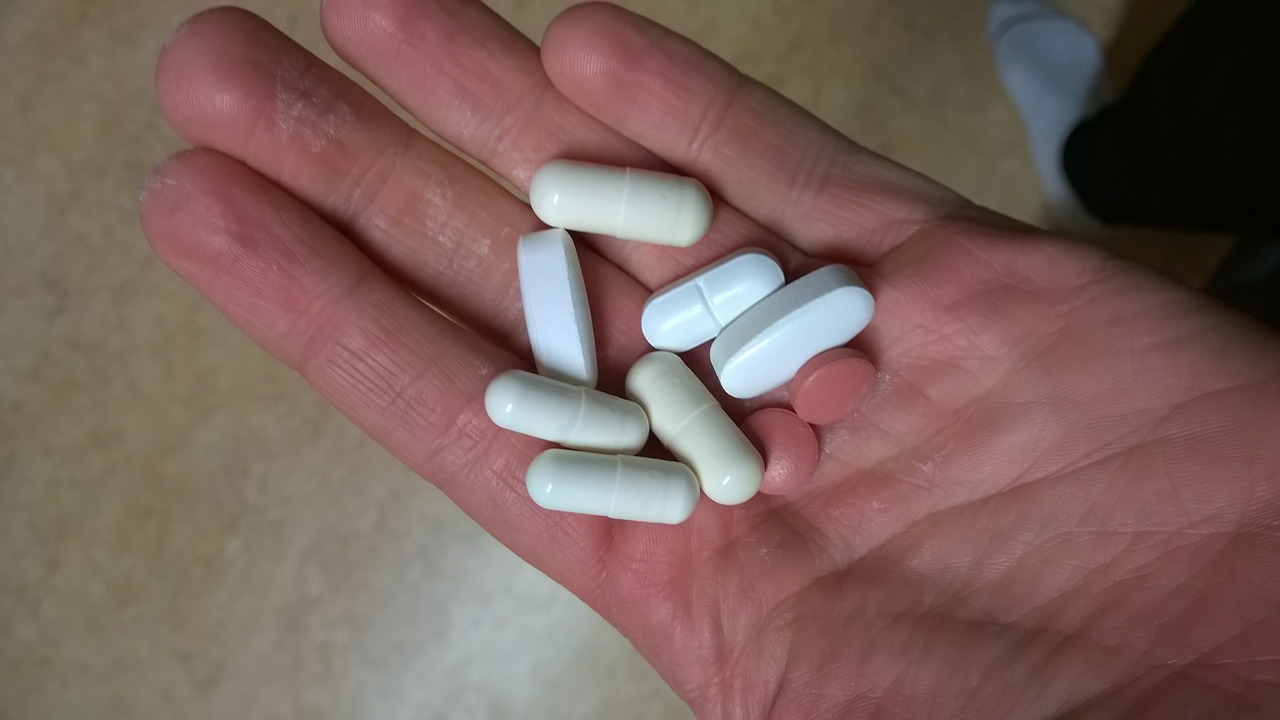Many people fall foul of the law, sometimes through ignorance, sometimes through greed. There are also many false claims for certain products being made on internet. The Regulations that apply … Read more
Women who have undergone a hysterectomy may reduce their risk of stroke if they also take calcium and vitamin D supplementation in addition to their HRT
In May 2019 researchers from the USA published the results of their study to assess whether calcium and vitamin D supplementation changes the effect of menopausal hormone replacement therapy (HRT) … Read more
Sunscreen use for daily and recreational photoprotection does not appear to compromise vitamin D levels, even when applied under optimal conditions
In May 2019 researchers from France, Belgium, USA, Brazil, Germany, Australia, Senegal and the UK published their review of the medical scientific literature to assess the association between vitamin D … Read more
Vitamin D supplementation has no effect on the clinical outcome of Parkinson’s disease
In October 2018 researchers from the USA published the results of their study to assess the effect of vitamin D supplementation in individuals with early Parkinson’s disease as it has … Read more
Supplementation with either multivitamins or multivitamins plus vitamin B12 may reduce the risk of sensory symptoms developing in individuals with early Parkinson’s disease
In May 2019 researchers from the USA published the results in their study to assess the effect of vitamin B12 supplementation in early Parkinson’s disease. It has already been noted … Read more
Dramatically different feeding programmes whilst undertaking resistance training appear to achieve similar fat free mass increases, skeletal muscle enlargement, and muscular performance improvements
In July 2019 researchers from the USA and Italy published the results of their study to assess the effect of time-restricted feeding, with or without β-hydroxy β-methylbutyrate supplementation, during resistance … Read more
The Early Nutrition Project have published updated recommendations for optimized nutrition before and during pregnancy, during breastfeeding, infancy and toddlerhood which should contribute to the prevention of obesity and associated non-communicable diseases
In February 2019 researchers from Germany, UK, Poland, The Netherlands and Australia who were part of the The Early Nutrition Project published their review of the medical scientific literature and … Read more
Monthly high-dose vitamin D supplementation does not prevent a range of diseases, but may be beneficial for some intermediate outcomes in people who have vitamin D deficiency
In May 2019 researchers from New Zealand published the results of their study to assess the effectiveness of monthly vitamin D supplementation in reducing the incidence of a range of … Read more
In individuals with Graves’ disease, high-dose vitamin D supplementation appears to significantly reduce systolic blood pressure levels measured in the office whereas the 24-hour measurements are unaffected
In July 2019 researchers from Denmark published the results of their study to assess the effect of vitamin D supplementation on pulse wave velocity and blood pressure in individuals with … Read more
Reduced salt intake, omega-3 long-chain polyunsaturated fatty acid use and folic acid supplementation may reduce the risk for some cardiovascular events in adults, whereas combined calcium plus vitamin D appears to increase the risk of stroke
In July 2019 researchers from the USA published their review of the medical scientific literature to assess the effects of nutritional supplements and dietary interventions on cardiovascular outcomes in adults. … Read more
Vitamin D supplementation does not appear to prevent major adverse cardiovascular events, or reduce the incidence of heart attacks, stroke, or dying prematurely from cardiovascular disease
In June 2019 researchers from the USA and Jordan published their review of the medical scientific literature to assess the association between vitamin D supplementation and reduced cardiovascular risk and … Read more
Based on current research, routine vitamin D supplementation is not recommended for children after the second year of life – even when they have levels below the normal range
In May 2019 researchers from Germany published a joint position paper on behalf of the Committee on Nutrition, German Society for Pediatric and Adolescent Medicine and the German Society for … Read more
Akkermansia muciniphila supplementation improves insulin sensitivity, reduces total cholesterol levels, slightly decreases body weight, fat mass and hip circumference as well as reducing markers for liver dysfunction and inflammation
In July 2019 researchers from Belgium, The Netherlands and Finland published the results of their study to assess the results of their study to assess the association of Akkermansia muciniphila … Read more
Nutrients in foods and/or supplements should be considered when following low carbohydrate diets
In April 2019 researchers from the UK published their review of the medical scientific literature to assess nutrient intake of low carbohydrate diets. A total of 10 studies were involved … Read more
Vitamin D supplementation may protect against cardiovascular disease by improving risk factors, including high blood pressure, elevated parathyroid hormone, dyslipidaemia, and inflammation
In July 2018 researchers from Canada published their review of the medical scientific literature to assess the effect of vitamin D supplementation on cardiovascular disease risk factors. A total of … Read more
Vitamin D supplementation has been seen to improve lower limb muscle strength in athletes but not upper limb muscle strength or muscle power
In April 2019 researchers from China published their review of the medical scientific literature to assess the effect of vitamin D supplementation on skeletal muscle strength and muscle power of … Read more
Individuals with iron deficiency anaemia frequently have low levels of zinc
In January 2019 researchers from Egypt published the results of their study to assess whether zinc deficiency is associated with iron deficiency anaemia. A total of 30 individuals with iron … Read more
Magnesium supplementation may increase the risk of rheumatoid arthritis and bipolar disorder whilst decreasing the risk of osteoporosis, and copper intake may increase the risk of both Alzheimer’s disease and bipolar disorder
In February 2019 researchers from China published the results of their analyses to assess the effect of various minerals (calcium, magnesium, iron, copper, and zinc) and risk of osteoporosis, gout, … Read more
Vegetarian and vegan diets increase the risk of nutritional deficiencies such as proteins, iron, vitamin D, calcium, iodine, omega-3 and vitamin B12 but can be considered safe during pregnancy and breastfeeding as long as all nutritional requirements are met
In March 2019 researchers from Spain published their review on the consumption of vegetarian and vegan diets during pregnancy and breastfeeding. The researchers stated that balanced plant-based diets rich in … Read more
Garlic supplementation appears to reduce some inflammatory biomarkers
In April 2019 researchers from Iran published their review of the medical scientific literature to assess the effect of garlic supplementation on inflammatory biomarkers in adults. A total of 16 … Read more




















